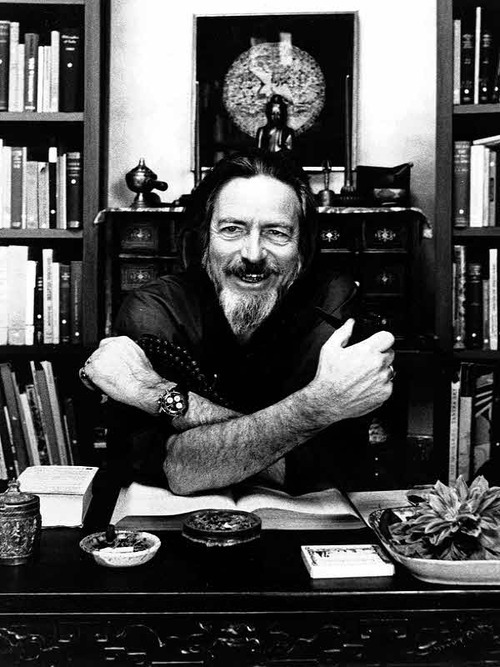Our lives—the people living right now—are built on the foundation of the lives given by previous generations. We are at the front line of the chain of lives going back to infinite time in the past.
—Interview with Shinso Ito by Rachel Hiles, “Fire + Water”
—Interview with Shinso Ito by Rachel Hiles, “Fire + Water”







